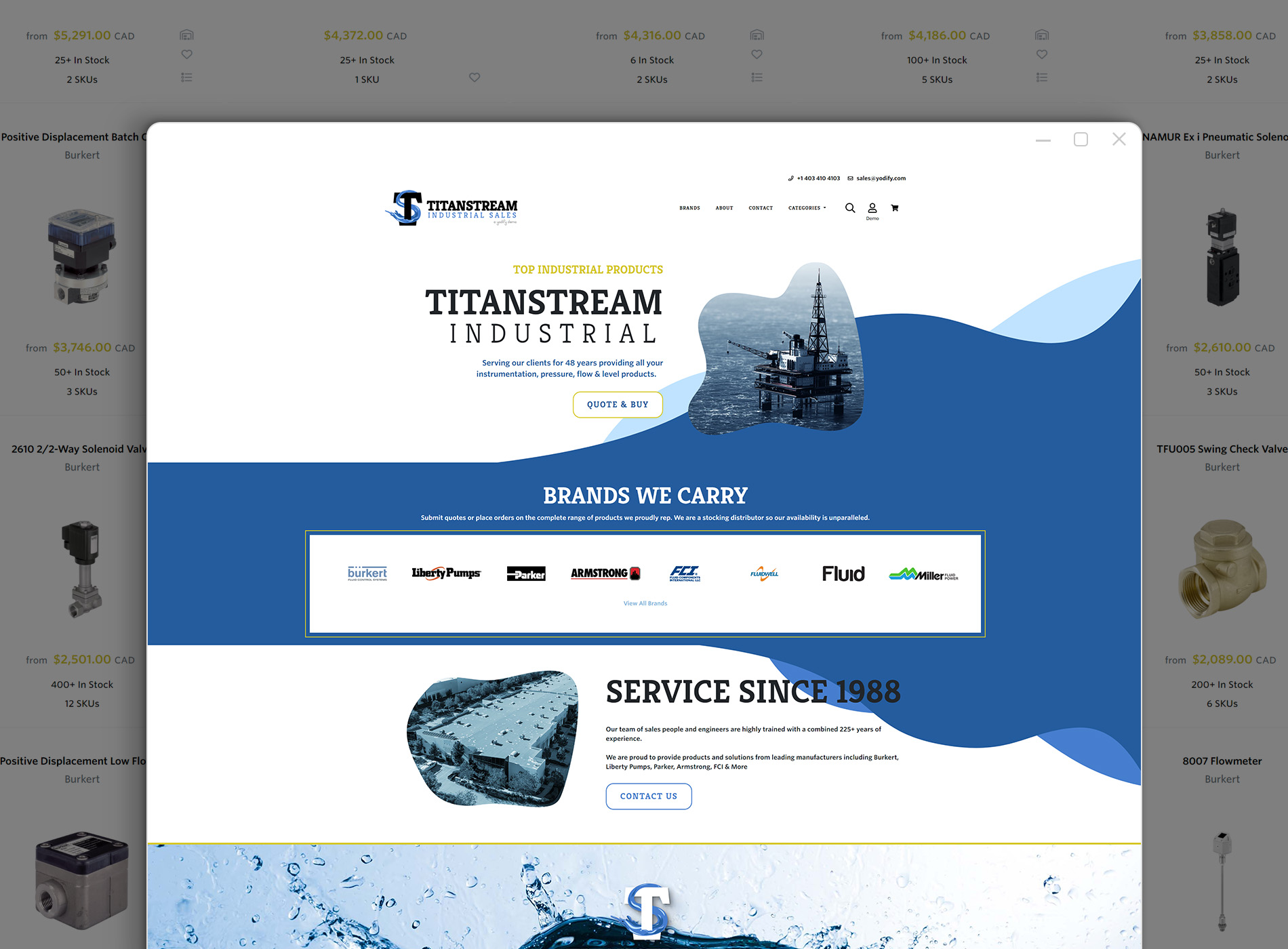Yodify Product Library
Add the HF-CCS PE30 & PE45 Tracer Wire to your store or catalog
Book Your Demo and See How
or create your store
HF-CCS PE30 & PE45 Tracer Wire
Brand: PRO-LINE Safety Products Co.PRO-TRACE HF-CCS PE30 tracer wire is designed to have the flexibility, memory, and feel of copper. It also has a 43% higher break-load , minimizing damage during installation and while in service. This product is best suited for open-trench applications. Equal in signal tracing performance, it simply outperforms copper tracer wire and significantly reduces material costs.
PRO-TRACE HF-CCS PE30 is a flexible, copper-clad steel tracer wire. A low carbon steel core, metallurgically bonded with a copper cladding, that is uniform and continuous, creating a bi-metal conductor that acts as one and is corrosion resistant. Special annealing processes are performed during the cladding process giving HF-CCS the flexibility and feel of copper, but 43% higher in strength which means less breaks then copper tracer wire.
PRO-TRACE HF-CCS PE30 uses a 30 mil, high-density, high molecular weight polyethylene (HDPE) insulation. HDPE provides an excellent balance of surface smoothness, processing ease and electrical consistency. HDPE provides superior strength against underground elements that help prevent accidental breaks caused buy rocks in shifting soil conditions.
Features- Designed for Open-Cut, Plow-In, and Blow-In Applications.
- Flexibility, Memory, and Feel of Copper.
- 43% Higher Break Load than Copper.
- Corrosion Resistant Properties of Copper
- Tracer Wire Performance Equal to Copper.
- 30 Mil, High-Density, HMWPE Insulation (HDPE), and Direct Burial Rated.
- Significantly Lower in Cost with Great Price Stability.
- User-Friendly and Virtually No “Recoil”.
Specifications
Density @ 23°C
- 0.945 g/cm3
Melt Flow Rate
- 0.70 g/10 min
Tensile Strength
- 3,400 psi
Tensile Strength Retention
- 90% after 48 hours @ 100°C
Tensile Elongation
- 500%
Tensile Elongation Retention
- 90% after 48 hours @ 100°C
Environmental Stress Cracking
- 0 failures @ 48 hours
Thermal Stress Cracking
- 0 failures @ 96 hours
Brittleness Temperature
- -76°C
Melting Temperature
- 260°C
Oxidative Induction Time
- 170 min @ 200°C
Dielectric Constant
- 2.32 @ 1 MHz
Dissipation Factor
- 0.00006 @ 1 MHz
DC Volume Resistivity @ 23°C
- > 1 x 1015 ohm-cm


